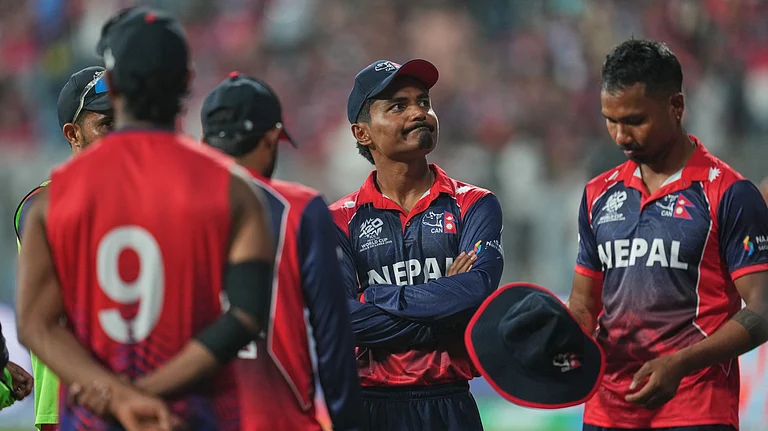The Delhi government has proposed slapping an environmental compensation of up to Rs 5 lakh on property owners with an area of at least 100 square metres who fail to maintain a functional rainwater harvesting system.
In a report submitted to the National Green Tribunal (NGT) recently, the Aam Aadmi Party (AAP) government in the national capital said the penalty could be increased by 50 per cent for non-residential units.
The government has suggested implementing an environmental compensation of Rs 50,000 on properties on a plot area measuring 100 sq.m to 500 sq.m, Rs 1 lakh for a plot area between 501 sq.m and 2,000 sq.m, Rs 2 lakh for a plot area between 2,000 sq.m and 5,000 sq.m and Rs 5 lakh for a plot area measuring more than 5,000 sq.m.
The Delhi government had made rainwater harvesting (RWH) systems mandatory in 2012 and non-compliance attracts a penalty of one-and-a-half times the water bill amount. A 10-per cent rebate is given on the water bill if an RWH system is installed.
The city government also said the Delhi Jal Board (DJB) has been asked to withdraw the rebate given on water bills to the societies and institutions that do not have a functional RWH system.
The NGT asked the Delhi chief secretary in February to file an action-taken report after a petition claimed that RWH systems were not functioning properly in many societies at Dwarka.
The tribunal had directed the Delhi Pollution Control Committee (DPCC) to coordinate with the DJB and take remedial action, creating awareness and preventing extraction of groundwater.
It had also formed a joint committee comprising the Central Pollution Control Board (CPCB), Ministry of Jal Shakti (MoJS) and Ministry of Urban Development to consider the situation on the same pattern throughout the country.


























